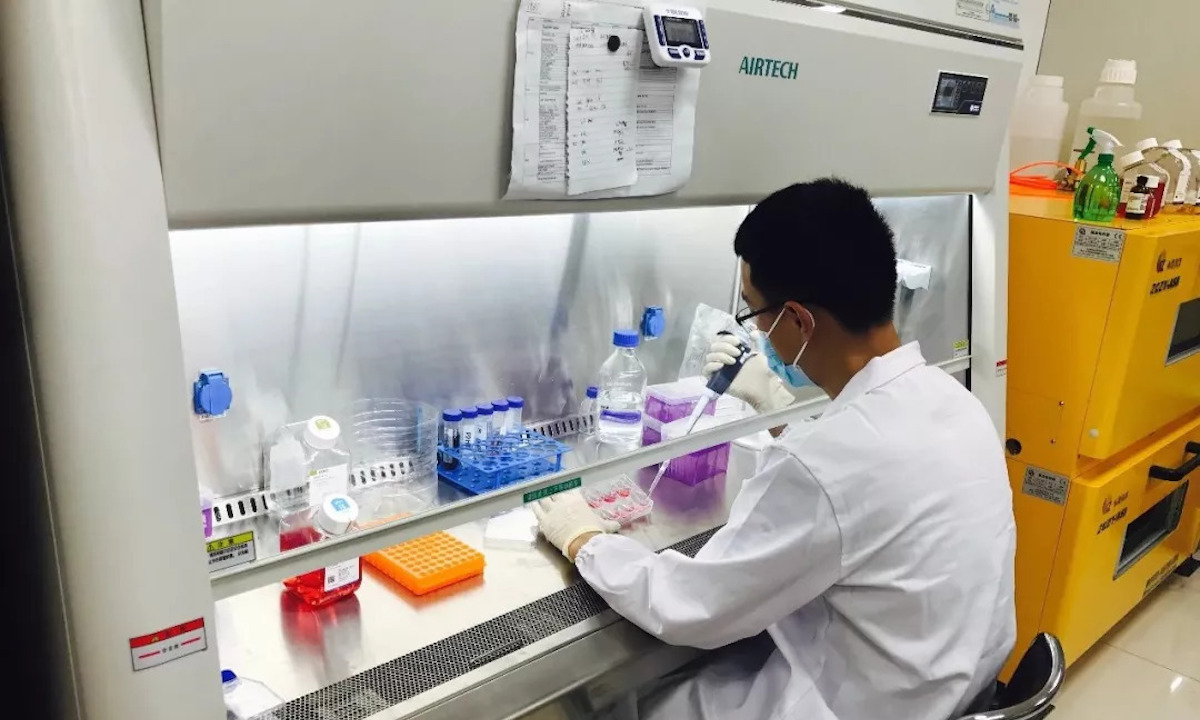BioNTech (NASDAQ: BNTX), the biotech giant recognized for its role in developing the COVID-19 vaccine, has acquired Biotheus for an upfront payment of $800 million, with additional milestone payments potentially reaching up to $150 million. Founded in 2018 and headquartered in Zhuhai, China, Biotheus has developed eight clinical-stage products and four preclinical candidates, focusing primarily on bispecific antibodies and cell and gene therapies (CGT).
A History of Collaboration: BioNTech and Biotheus
This acquisition marks a significant evolution in the relationship between BioNTech and Biotheus. One year ago, Biotheus licensed its PD-L1/VEGF bispecific antibody (PM8002), which is currently in Phase III trials, to BioNTech for a total of $1 billion. This initial agreement included a $55 million upfront payment, providing immediate financial security for Biotheus.
In a competitive environment, Akeso, Inc.’s impressive Phase III data for its PD-1/VEGF bispecific antibody has elevated the profiles of competitors like Biotheus, which is currently advancing PM8002 into Phase II trials. Industry insiders indicated that BioNTech initially intended to acquire only specific assets but decided to purchase the entire company based on suggestions from Biotheus’s investors.
Valuation Insights: A Strategic Acquisition
The acquisition provides BioNTech not only with PM8002, valued at $1 billion based on previous agreements, but also with a comprehensive antibody development platform and production facilities. While the company’s valuation appears lower than its asset worth, industry experts view this as a mutually beneficial outcome.
PM8002 is Biotheus’s core asset and was a key factor in establishing the partnership with BioNTech. The drug has entered clinical stages for at least nine indications, and promising results were presented at the ESMO annual meeting, demonstrating its effectiveness in treating small cell lung cancer.
Market Dynamics: The Value of Bispecific Antibodies
Both PD-L1 and VEGF antibodies are considered foundational cancer therapy targets. Despite some perceptions of limited innovation in bispecific antibodies, their clinical and commercial value continues to be recognized. In China, several biotech companies, including ImmuneOnco (HKG: 1541) and 3SBio (HKG: 1530), are also developing PD-L1/VEGF candidates, with Akeso (HKG: 9926) leading the way following its successful Phase III trials.
The successful acquisition of Biotheus is seen as a reaffirmation of the bispecific platform’s value, following significant deals by other companies in the space. Following Biotheus’s acquisition announcement, another firm, Lixte Biotechnology (NASDAQ: LIXTW), secured global rights for its PD-1/VEGF bispecific antibody from Merck (NYSE: MRK), with an upfront payment of $588 million and potential milestone payments of up to $2.7 billion.
BioNTech’s Strategic Expansion in China
BioNTech has been actively expanding its portfolio in China, engaging in multiple collaborations with various companies over the past year. This includes a recent deal with Yilian Biotech for a HER3 ADC, further solidifying its commitment to the region.
Following the acquisition, BioNTech expressed its intent to develop PM8002 in combination with its mRNA vaccines and targeted therapies to enhance treatment outcomes for solid tumor patients. Industry experts speculate that BioNTech aims to create a closed-loop strategy, utilizing antibodies for cancer treatment while employing personalized mRNA vaccines to stimulate immune responses.
With its integrated platform and production capabilities, acquiring Biotheus is viewed as a strategic move for BioNTech. The successful Phase III data from Akeso’s trials may have acted as a catalyst for this acquisition, propelling BioNTech toward a robust expansion in the oncology market.-Fineline Info & Tech
